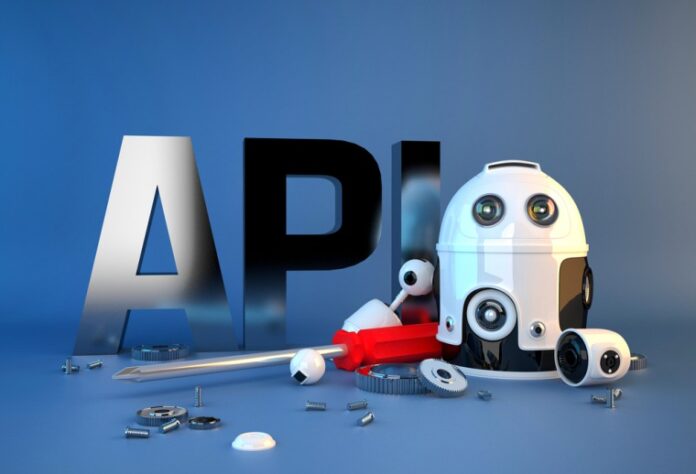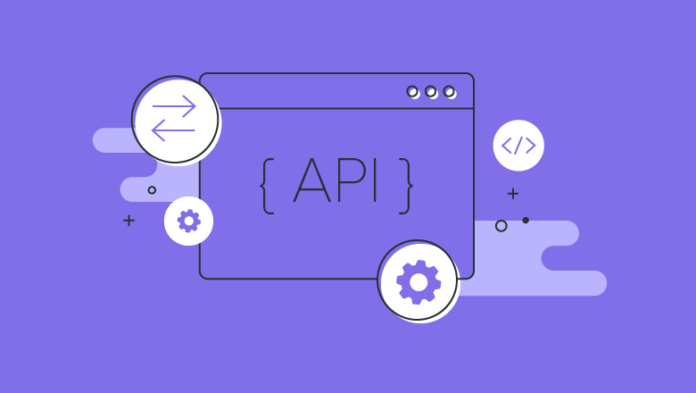In today’s fast-paced digital landscape, brands need to stay connected with their audience and adapt to ever-changing trends. To stay ahead of the curve, businesses are increasingly turning to social media APIs to create a seamless online experience for their customers.
This article will discuss the importance of social media APIs for brands, the top advantages of using them, how to integrate them into your marketing strategy, and how to choose the right one for your business.
The Importance of Social Media APIs for Brands
Social media APIs, or Application Programming Interfaces, allow developers to access the data and functionality of popular social media platforms like Facebook, Twitter, Instagram, and LinkedIn. By leveraging these APIs, brands can create custom applications, tools, and integrations that help them better understand and engage with their audience.

Enhanced Customer Engagement
One of the primary reasons brands need to utilize social media APIs is the opportunity to enhance customer engagement. By integrating social media features into their digital platforms, businesses can create a more interactive and personalized experience for their customers. For example, brands can use the Data365 API to access data on user preferences, interests, and behavior, helping them tailor their content and marketing campaigns to better resonate with their target audience.
Streamlined Content Creation and Distribution
Social media APIs can help brands streamline their content creation and distribution process. By integrating these APIs into their content management systems (CMS), businesses can automatically publish and share content across multiple social platforms without manually logging into each account. This not only saves time and resources but also ensures consistent messaging and branding across all channels.
Improved Analytics and Insights
Another significant advantage of using social media APIs is the ability to access valuable data and insights on user behavior, campaign performance, and overall engagement. Brands can use this information to make data-driven decisions, identify trends, and optimize their marketing strategies. Data365, a social media analytics platform, provides businesses with access to real-time data and insights to help them make informed decisions and improve their online presence.

Top Advantages of Using Social Media APIs
In addition to the benefits mentioned above, there are several other advantages of using social media APIs for your brand’s online presence. The following sections will explore these benefits in greater detail.
Access to a Larger Audience
Social media platforms have millions, if not billions, of active users worldwide. By integrating social media APIs into your brand’s digital platforms, you can tap into this massive audience and expand your reach. This increased visibility can lead to more significant brand awareness, higher website traffic, and ultimately, more conversions and sales.
Real-Time Interaction and Communication
The ability to engage with your audience in real-time is crucial for building trust and fostering strong relationships. Social media APIs enable brands to respond promptly to customer inquiries, comments, and feedback, creating a more interactive and engaging online experience. This enhanced communication can help improve customer satisfaction, loyalty, and overall brand reputation.
Competitive Advantage
Utilizing social media APIs can give your brand a competitive edge in the crowded digital marketplace. By leveraging the unique features and functionalities of social media platforms, you can create a more seamless and engaging online experience for your customers. This differentiation can help set your brand apart from competitors and position you as a leader in your industry.

Integrating Social Media APIs in Your Marketing Strategy
To fully harness the power of social media APIs, brands must effectively integrate them into their overall marketing strategy. The following steps can help guide you through this process.
Identify Your Objectives
Before integrating social media APIs, it is essential to identify your marketing objectives and determine how these APIs can help you achieve them. For example, if your goal is to increase brand awareness, you may want to focus on integrating APIs that help you reach a broader audience and streamline content distribution.
Select the Right Social Media Platforms
Not all social media platforms are created equal, and it’s essential to select the ones that best align with your target audience and marketing objectives. Research each platform’s user demographics, engagement metrics, and advertising capabilities to determine which ones are the best fit for your brand.
Develop a Comprehensive Integration Plan
Once you have identified your objectives and selected the appropriate social media platforms, it’s time to develop a comprehensive integration plan. This plan should outline how you will integrate the APIs into your existing digital platforms, how you will use the data and insights to inform your marketing strategy, and how you will measure and track success.

How to Choose the Right Social Media API for Your Business
With so many social media APIs available, it can be overwhelming to choose the right one for your business. The following factors can help guide your decision-making process.
Platform Compatibility
Ensure that the API you choose is compatible with the social media platforms you want to integrate into your digital presence. Some APIs may only support specific platforms, so it’s essential to select one that aligns with your marketing objectives and target audience.
Features and Functionalities
Consider the unique features and functionalities offered by each API and how they can help you achieve your marketing objectives. For example, if you want to enhance customer engagement, look for APIs that support features like real-time communication and personalized content.
Pricing and Support
APIs often come with varying pricing structures and support options. Consider your budget and the level of technical support you may need when selecting an API. Some providers may offer free or low-cost options, while others may require more substantial investments or ongoing subscription fees.

In conclusion, integrating social media APIs into your brand’s online presence can provide numerous benefits, including enhanced customer engagement, streamlined content creation, and improved analytics and insights. By identifying your marketing objectives, selecting the right social media platforms, and developing a comprehensive integration plan, you can harness the power of social media APIs to elevate your brand’s digital presence and drive business success.









